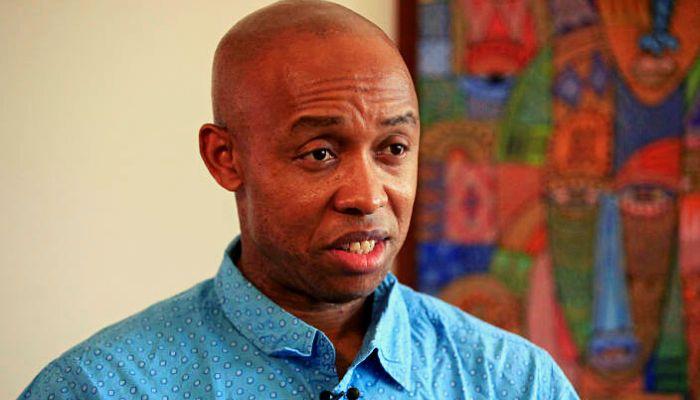Cult groups, not IPOB, driving insecurity in South-East – Odinkalu
Chidi Anselm Odinkalu, Nigerian human rights activist, lawyer, professor and writer
Chidi Odinkalu, former chairman of the National Human Rights Commission (NHRC), has blamed the growing insecurity in Nigeria’s South-East region on cult groups allegedly funded by politicians.
Odinkalu made the assertion during an appearance on Channels Television’s Politics Today on Thursday, saying it was “ridiculous” to attribute every violent incident in the region to the Indigenous People of Biafra (IPOB) or its armed wing, the Eastern Security Network (ESN).
“The idea that every issue in the south-east is an IPOB issue is ridiculous,” Odinkalu said. “It’s absolutely not the case. Let me tell you this: the biggest single issue, in security terms, confronting the south-east, in my estimation, based on the work I have done on this, is, I regret to disappoint you, not IPOB; it is one word: cults, financed by politicians.”
He described cultism as a “terrible problem” that has quietly grown into the most serious security threat in the region. “Now, the cults are the biggest single issue, and you don’t have a clue how terrible the problem of cults in the south-east is at this particular time,” he said.
Read also: Nnamdi Kanu’s trial stalls over missing case file as court adjourns to Monday
While acknowledging the presence of IPOB in the region, Odinkalu maintained that its influence and role in the violence have been overstated. “Unquestionably, there is an IPOB issue, but the IPOB issue is overblown,” he stated.
He cited communities where IPOB holds little or no sway, arguing that the group has been wrongly blamed for incidents that have other causes. “If somebody tells you that Obosi in Anambra State is an IPOB issue, that person is a liar. IPOB cannot survive in Obosi,” he said.
Odinkalu emphasised that the more urgent concern is the alleged political sponsorship of violent cults, which he said has created a network of armed groups operating beyond state control.
According to him, addressing insecurity in the South-East requires moving beyond political rhetoric and tackling the entrenched problem of politically backed cultism that has taken root across the region.

